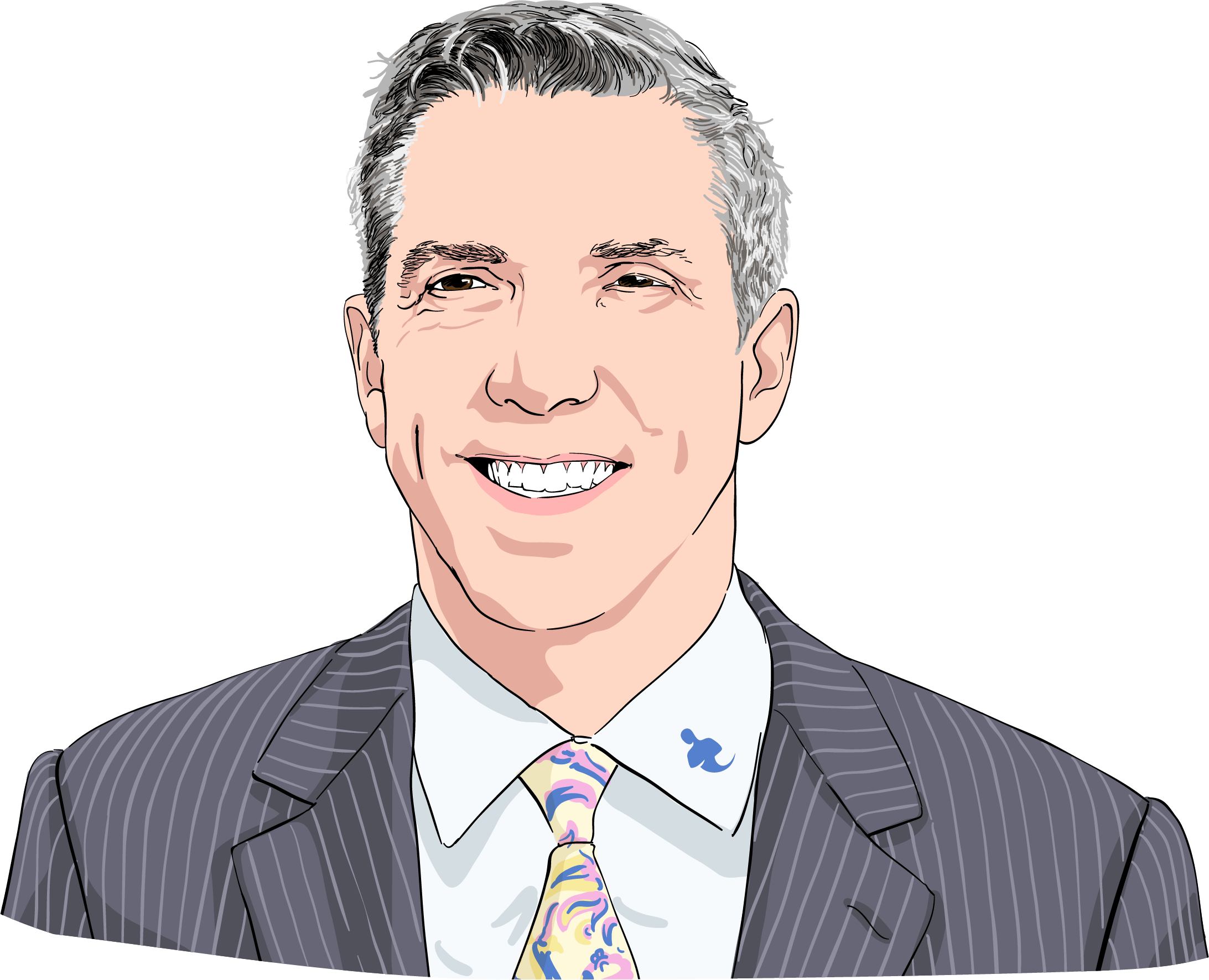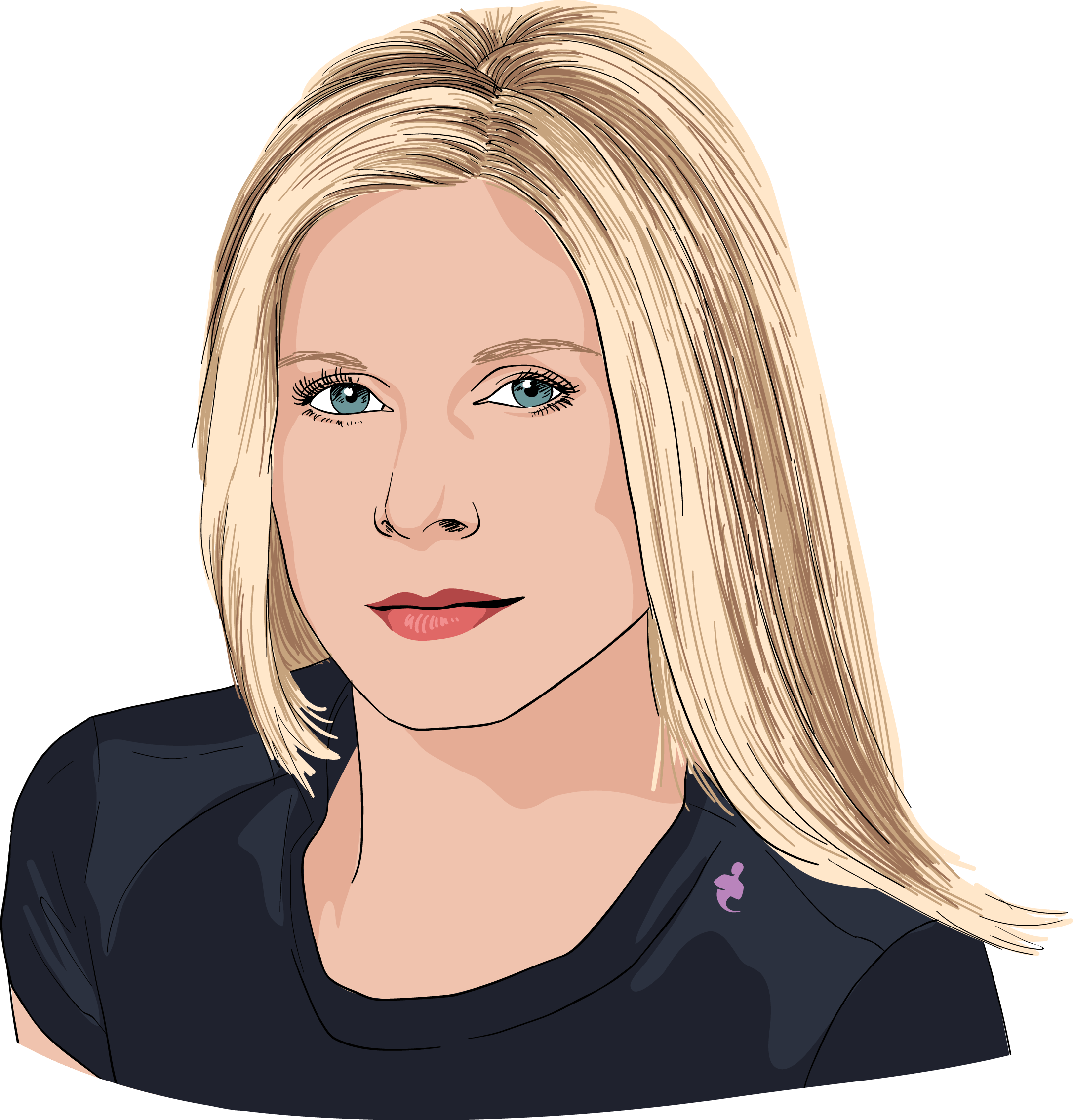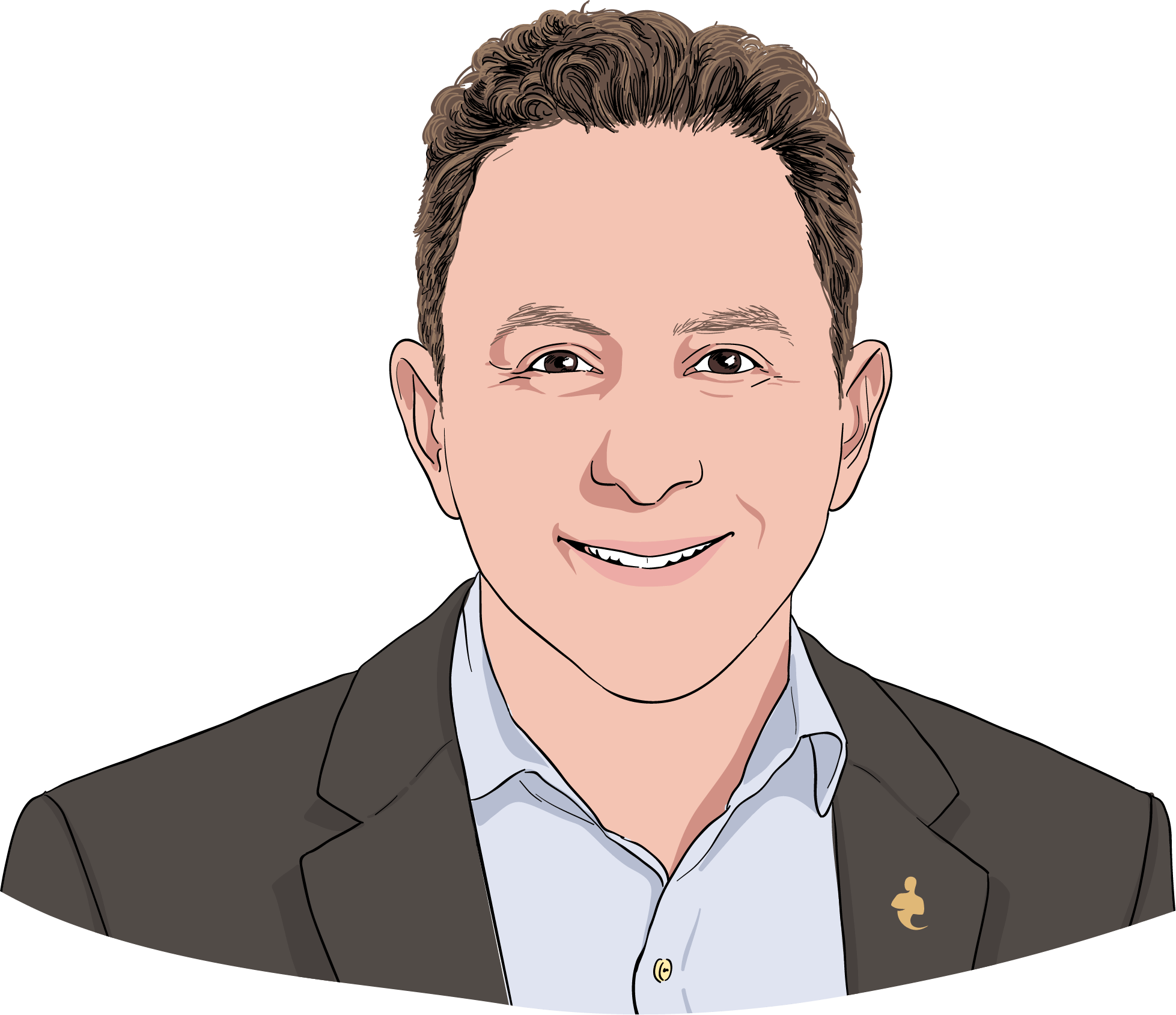
Berkshire Hathaway CEO Warren Buffett is one of the richest men alive, yet he’s known to live well below his means. Many argue that’s the way to wealth; so we asked these millionaires and Advisors in The Oracles to share their frugal habits. Some shared their not-so-frugal habits as well.

“Being content in everything is a good way to stay true and humble. Life isn’t always about having the latest and greatest, but rather what gets the job done effectively and efficiently. The most expensive cars aren’t necessarily the most reliable. I always do research to find the best deals, even when I have the resources to overspend.
A great benchmark is analyzing how you spend on business trips. I will take the extra time to find the most economical flights and accommodations. With the savings, you can often upgrade. Perhaps that makes you feel better about treating clients and friends to dinners or events. A thrifty mindset will benefit you in both your business and your personal life. A dollar saved is a dollar earned. ”
—Thomas Carter, founder and CEO of DealBox; read about Thomas: ”This FinTech Veteran Is Making Cryptocurrency Startup Funding Legitimate ”; connect with Thomas on LinkedIn and Instagram

“When we first started Bluemercury in 1999, we had little capital to build the business. My husband and co-founder, Barry Beck, and I used to take the pens and pads of paper they offered in hotel rooms and at conferences so we didn’t have to pay for office supplies.
I still have this habit. At a recent leadership conference, the gifts were Moleskine journals, which many guests left on the tables. I picked up six extras for our office! I can’t help but remember the old days of no cash flow. ”
—Marla Beck, co-founder and CEO of Bluemercury, which was acquired by Macy’s for $210 million; creator of M-61 Skincare and Lune+Astercosmetics

“Frugality is overrated. I believe it is actually a flaw. I encourage my clients to enjoy themselves. The path to financial independence has little to do with whether you have a Starbucks several times a week. Buffett would be better off having something other than a McMuffin for breakfast.
Of course, it doesn’t make sense to spend money like there’s no tomorrow — because for most of us, there is. But deprivation for the sake of deprivation is nothing to be praised. ”
—Peter Mallouk, president and chief investment officer of Creative Planning, which manages over $36 billion in assets; ranked No. 1 on Barron’s “Top 100 Independent Financial Advisors in America” for three consecutive years; follow Peter on

“My advice on living within your means is to make sure you have a job or side hustle that allows you to earn unlimited money. My family lives within about 25 percent of our annual income. We immediately deploy the remaining 75 percent into assets that create additional passive income.
I don’t keep a vault of gold bars; I trade the wealth I’ve accrued and leverage it into cash flow every month. Many gurus pitch the idea of saving all your money and carrying no debt. But I’ve gotten comfortable owing millions to lenders. If money gets tight, my family, my team, and I hit the phones and beat the streets. There is an abundance of money in this world. Are you willing to grab your share? ”
—Josh Steinberger, founder and CEO of NextGen Restoration; principal in Driven Acquisitions, a holding company that owns and operates apartment buildings in Ohio; connect with Josh on Facebook

“I only buy clothes when I need to. I don’t refresh my wardrobe or buy new clothing for special events (other than my wedding). I only buy new clothes to replace a piece of clothing that went out of commission. I own four pairs of jeans and will always have that many; no more, no less!
In fact, I still wear several items that used to be baggy when I was in high school. Now, around 20 years and 50 pounds later, they fit. ”
—Alon Rajic, CEO of Finofin, which operates Money Transfer Comparison, a leading authority on international transfers

“You can live within your means by choosing fewer, high-quality items instead of accumulating lots of low-quality things. For example, in legal cases I would rather hire one expensive but quality, credible expert witness than several cheaper experts who won’t be as good on the stand.

What does it really take to get the job done? If you need something high quality and more expensive to get the result you want, budget accordingly. If you’re simply looking for the cheapest way to get something done, you’re probably short-changing yourself and your clients. The key is to have the right mindset and avoid making emotional decisions when it comes to spending money. But if you’re focused on penny-pinching, you may be missing out on opportunities in your life and business. ”
—Nafisé Nina Hodjat, founder and managing attorney of The SLS Firm

“I read somewhere that money flows toward opportunity and away from anything that “needs it.” I put this into practice by keeping enough cash reserves to withstand any short-term turbulence. I’m in the service industry, so this means having two years of operating expenses at all times. That’s what I recommend to all entrepreneurs as they begin and grow their businesses.
Early in my career, moonlighting as a bartender was a great way to save extra cash. Then when I started my business, it was all about limiting fixed, recurring expenses. For example, I hired part-time employees and bought a fixer-upper as my first home. By doing things like this, you are set up to make a profit quickly.
I recommend getting to this point as soon as possible so you can take advantage of market opportunities when others can’t. It also allows you to build your business around long-term, customer-centric relationships rather than short-term financial needs. This will make you rich over the long term. Then you can buy any house you want and don’t have to be frugal. ”
—Peter Von Der Ahe, leader of the New York Multifamily team at Marcus & Millichap, with $1 billion annual sales, and host of ”Behind the Bricks, ” the No. 1 NYC multifamily investing podcast



